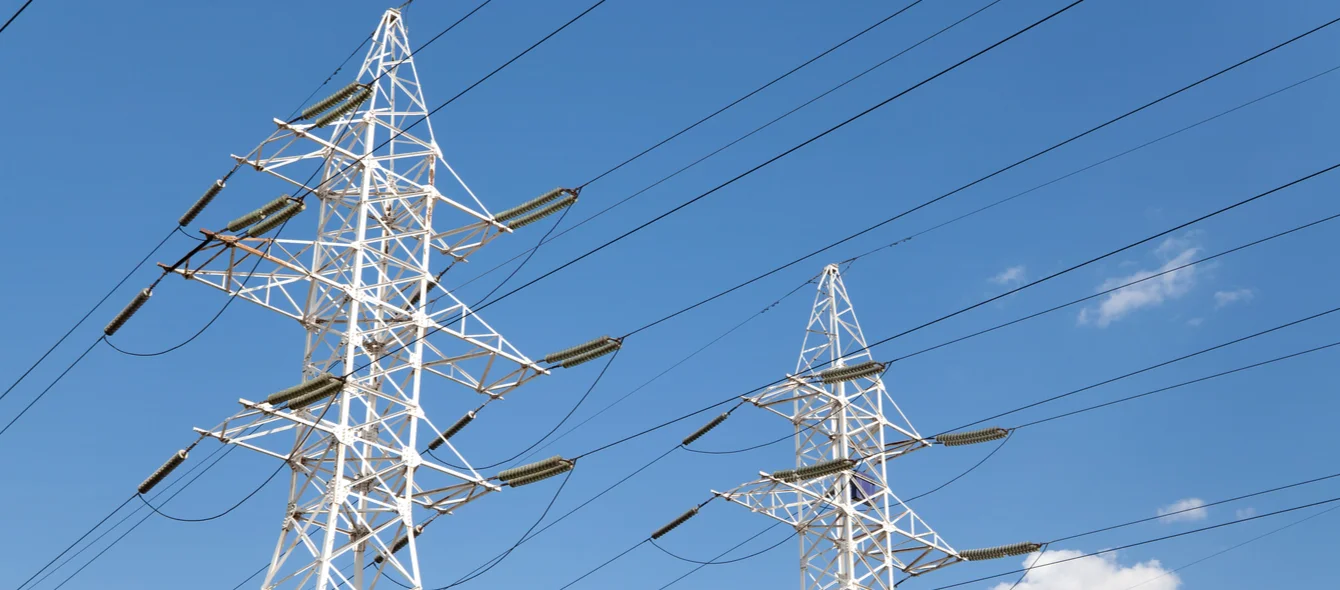Artificial intelligence (AI) is considered a technological megatrend. But what is AI actually all about? There’s no question that AI is far more than simple data processing. Artificial intelligence is not limited to reliably executing predetermined processes. For instance, AI can identify recurrent patterns in data sets, on the basis of which it can make forecasts, suggest solutions or recognise and process learned patterns in other contexts.
Here are two examples: Modern voice recognition software recognises phonetic patterns even in cases of unclear input and background noise. Translation programs have evolved so much that they can check input for context, enabling them to determine the right meaning of individual words – e.g. when the German word Netz should be translated into ‘grid,’ ‘the Internet’ or (basketball) ‘basket’.
A brief history of AI
The German Association of Energy and Water Industries (BDEW) finds that AI is also a valuable asset in the energy system: “AI can already be used to enhance efficiency, improve customer service, reduce carbon dioxide emissions, and change work procedures,” writes Kerstin Andreae, Chairwoman of the Executive Board, in the editorial of the German trade magazine Künstliche Intelligenz für die Energiewirtschaft (Artificial Intelligence for the Energy Industry) published by BDEW with the support of the German Initiative for Applied ArtificiaI Intelligence.
Load forecasting, customer retention, and more
Besides describing the areas in which AI can be deployed, the authors explain how to identify potential, analyse needs and evaluate possible applications commercially. People at BDEW are convinced that “leveraging AI doesn’t just help ensure the success of the energy transition – it also makes commercial sense.”
This theory becomes tangible when looking at current applications. For instance, IT business consultancy BTC uses AI to analyse customer data and predict customer behaviour: “With the right model, you can estimate the likelihood of a cancellation and take proactive measures to prevent it,” BTC experts say, commenting on this example of AI in practice.
70 potential applications identified
However, the mere fact that AI is already being used does not mean that its potential has been fully tapped. In a workshop, 20 participants from 18 sector companies came up with nearly 70 possible applications and analysed them for potential, complexity and specificity.
Low sector specificity can mean that solutions have already been developed in other branches of industry and can be adapted fairly easily and affordably. High sector specificity translates into high development costs which – when combined with high potential – promise a substantial competitive advantage.
Energy landscape: model sector for AI made in Europe?
The study’s authors conclude that the host of potential applications underpins a substantial synergy between AI and the energy sector. Artificial intelligence can make the energy business more efficient and safer, while the energy sector offers a huge playing field for applying AI solutions providing the foundation for forward-looking technologies to grow and unleash their potential for other sectors as well.
To turn the energy business into a model sector for AI made in Europe, policymakers would have to create an innovation-friendly framework with clear legal standards devoid of new regulatory hurdles. BDEW’s vision is for subsidies and a cluster of AI excellence in the energy sector to spur the energy transition while preventing Europe’s AI sector from losing touch with the global competition from the USA and China.
Download the full Artificial Intelligence for the Energy Sector study here.
Photo credit: shutterstock.com, glebchik
